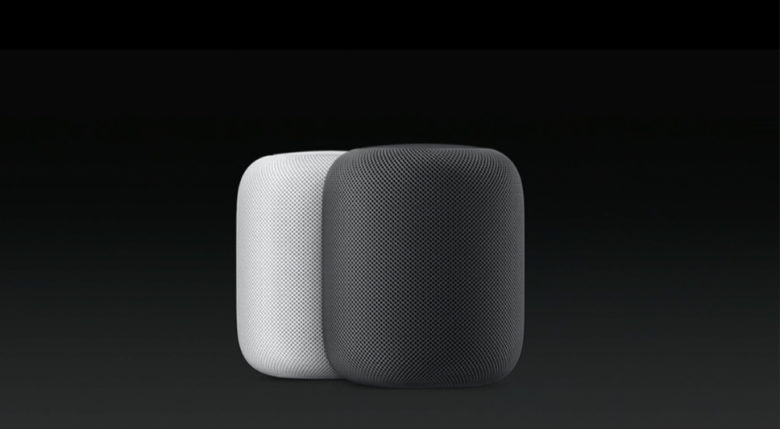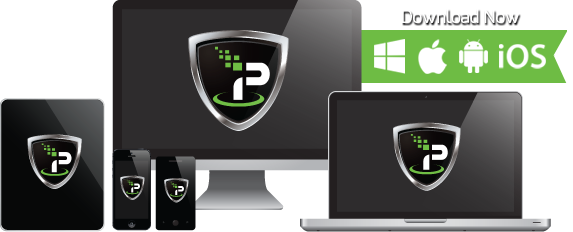It’s great to have a digital assistant sitting in your home waiting to do your bidding, but most users of smart speakers and other connected devices rarely think about the security aspect of smart gadgets. This includes those of us who use Amazon Echo, Google Home or other smart speakers, including the upcoming HomePod from Apple and Harman Kardon Invoke from Microsoft, among others.
First of all, all of them work off your primary Internet connection served via your WiFi router. These devices can only survive when online, so they need to be ‘always connected’ in order to do their jobs properly. Unfortunately, having so many devices always online poses a significant risk, and your WiFi is usually the easiest point of attack for a hacker.
There are a couple of ways to address this problem. The first is to acquire a home firewall. We’ve reviewed quite a few out there, and CUJO appears to be a solid bet.
CUJO is a small table-top device that monitors the web traffic coming in and going out of your home, and protects you in many ways. One of the important points to note is that this device gives you the same kind of security that a small-sized business would have. Imagine an office with about 50 employees, and the type of security protocols they’d have for their servers, data and traffic. That’s the same benefit you’ll be getting, but for a fraction of the cost.
Learn More About CUJO Home Firewall
The second thing you can do to protect your online presence is to use a virtual private network service, or VPN. Although a VPN is typically intended to create a private link between you and the Internet, it carries a ton of security benefits as well. For example, the encrypted traffic that goes out of or comes into your home is much harder to hack into than unprotected traffic.
After reviewing several top VPN services, the one we chose to recommend is IPVanish. It is one of the few top tier VPN service providers in the world, and that means it owns all its physical assets like servers, and it conducts all its upstream and downstream activities in-house, not through outsourcing.
Learn More about IPVanish VPN Service
By applying these two security methods, you’re increasing your level of privacy as well as security. Not only is your WiFi now protected, but any traffic that goes in and out of your home is encrypted, and no log of that traffic is maintained anywhere.
As far as smart speakers go, Amazon and Google offer a high level of privacy for your voice data and any data that’s stored on their cloud. You also have the option of deleting any historic data that’s stored, via the respective smartphone apps for these devices. Besides, all voice data sent to the cloud is encrypted as well. And Apple is bound to have very strong privacy measures in place for Siri interactions on the new HomePod that will come later this year.
Nevertheless, it’s prudent to protect yourself from prying eyes or hackers trying to get at your data. We hope the tools we’ve discussed will help you create a more secure and private smart home experience.
Thanks for visiting! Would you do us a favor? If you think it’s worth a few seconds, please like our Facebook page and follow us on Twitter. It would mean a lot to us. Thank you.





